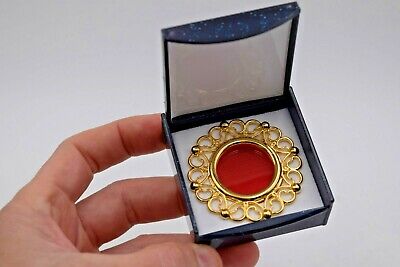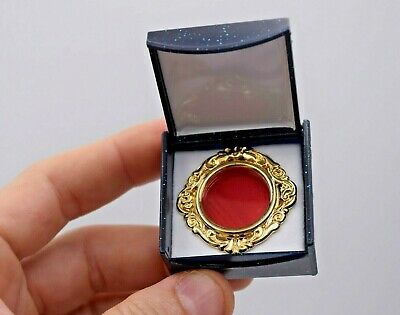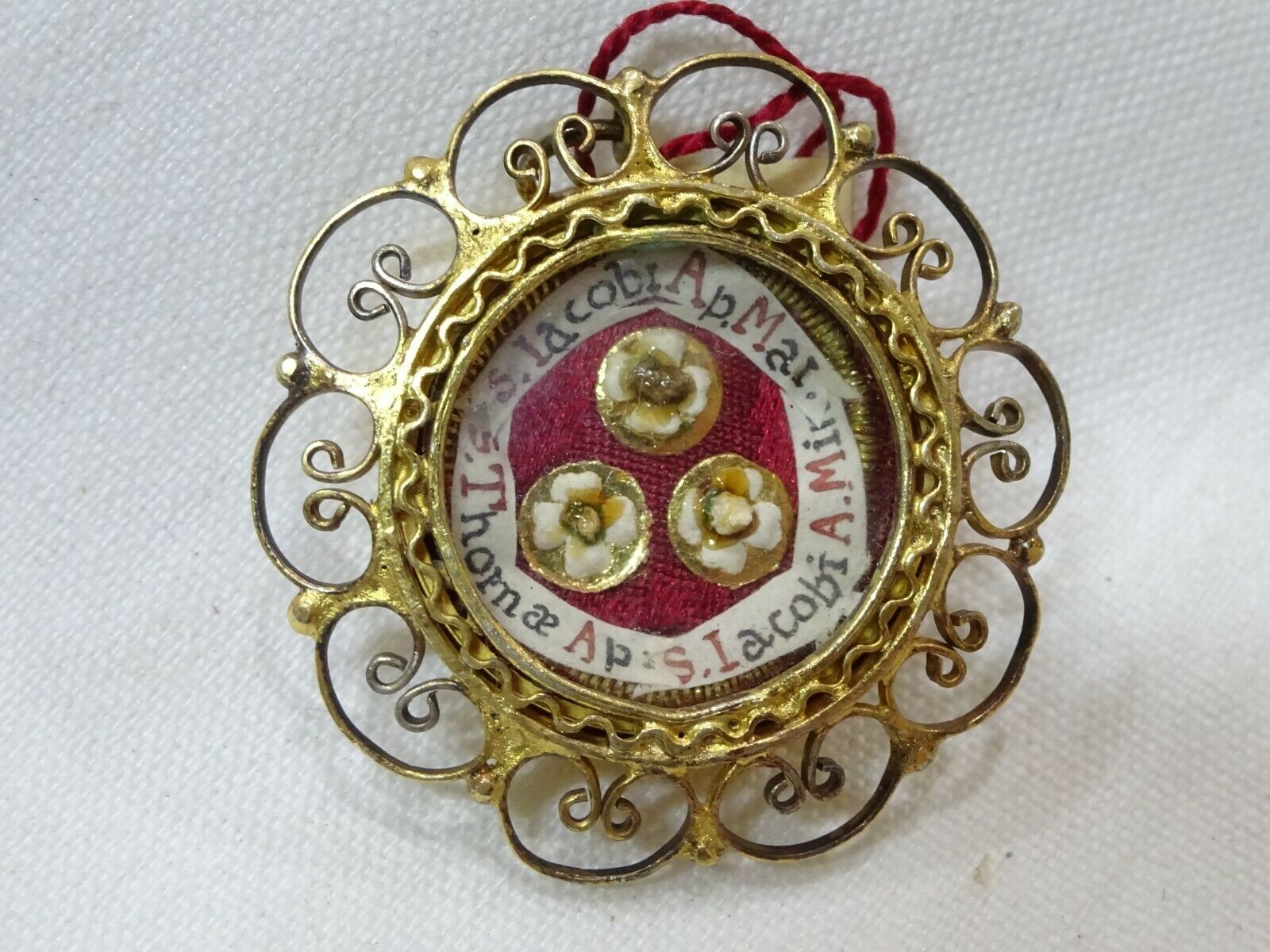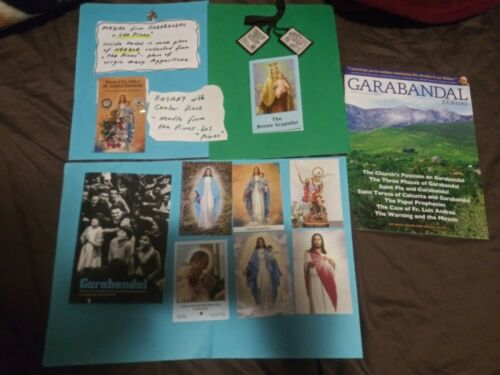-40%
Reliquary / Relic: Ss. Nicholas of Myra & Pascal Baylon
$ 229.68
- Description
- Size Guide
Description
Size: cm1 class
Wax seal: Franciscan
St. Nicholas of Myra
Memorial:
6 December
22 May (translation of relics (9 May on the Julian calendar)
Profile:
Priest. Abbot. Bishop of Myra, Lycia (modern Turkey). Generous to the poor, and special protector of the innocent and wronged. Many stories grew up around him prior to his becoming associated with Santa Claus. Some examples
Upon hearing that a local man had fallen on such hard times that he was planning to sell his daughters into prostitution, Nicholas went by night to the house and threw three bags of gold in through the window, saving the girls from an evil life. These three bags, gold generously given in time of trouble, became the three golden balls that indicate a pawn broker’s shop.
He raised to life three young boys who had been murdered and pickled in a barrel of brine to hide the crime. These stories led to his patronage of children in general, and of barrel-makers besides.
Induced some thieves to return their plunder. This explains his protection against theft and robbery, and his patronage of them – he’s not helping them steal, but to repent and change. In the past, thieves have been known as Saint Nicholas’ clerks or Knights of Saint Nicholas.
During a voyage to the Holy Lands, a fierce storm blew up, threatening the ship. He prayed about it, and the storm calmed – hence the patronage of sailors and those like dockworkers who work on the sea.
Died
c.346 at Myra, Lycia (in modern Turkey) of natural causes
relics believed to be at Bari, Italy
Patronage:
against fire,against imprisonment,against robberies,against robbers,against storms at sea,against sterility,against thefts
altar servers,archers,boys,brides,captives,children,choir boys,happy marriages,lawsuits lost unjustly,lovers,maidens,penitent murderers,newlyweds,old maids,paupers,pilgrims,poor people,prisoners,scholars,schoolchildren,students,penitent thieves,spinsters,travellers,unmarried girls
apothecaries,bakers,bankers,barrel makers,boatmen,boot blacks,brewers,butchers,button makers,candle makers,chair makers,cloth shearers,coopers,dock workers,druggists,educators,farm workers,farmers,firefighters,fish mongers,fishermen,grain merchants,grocers,grooms,hoteliers,innkeepers,judges,lace merchants,lawyers,linen merchants,longshoremen,mariners,merchants,millers,notaries,parish clerks,pawnbrokers,perfumeries,perfumers,pharmacists,poets,ribbon weavers,sailors,ship owners,shoe shiners,soldiers,spice merchants,spinners,stone masons,tape weavers,teachers,toy makers,vintners,watermen,weavers
--------------------------------------------------------------------------------
Saint Pascal Baylon
Memorial:
17 May
Profile:
Son of the pious peasants Martin Baylon and Elizabeth Jubera. From youth he displayed great devotion to the Eucharist. Worked as a shepherd from ages 7 to 24, and was a good influence on his shepherd friends, an often rowdy group. Franciscan lay brother with friars of the Alcantarine Reform, often serving as cook or doorkeeper. His charity to the poor and afflicted, his unfailing courtesy and humility were remarkable even by Franciscan standards. While travelling in France, he defended the Real Presence against the blasphemies of a Calvinist preacher, and narrowly escaped death at the hands of a Huguenot mob. Poorly educated, he was still a counselor sought by rich and poor alike. His cultus is especially strong in Spain and southern Italy, in Central and South America.
Born:24 May 1540 (feast of Pentecost) at Torre Hermosa, Aragon, (modern Spain)
Died:15 May 1592 (feast of Pentecost) at Villa Reale, Spain of natural causes
Beatified:29 October 1618 by Pope Paul V
Canonized:16 October 1690 by Pope Alexander VIII
Patronage:
cooks
Eucharistic congresses and organizations (proclaimed by Pope Leo XIII on 28 November 1897)
shepherds
–
Bisenti, Italy
Obado, Bulacan, Philippines
Segorbe-Castellón de la Plana, Spain, diocese of
















